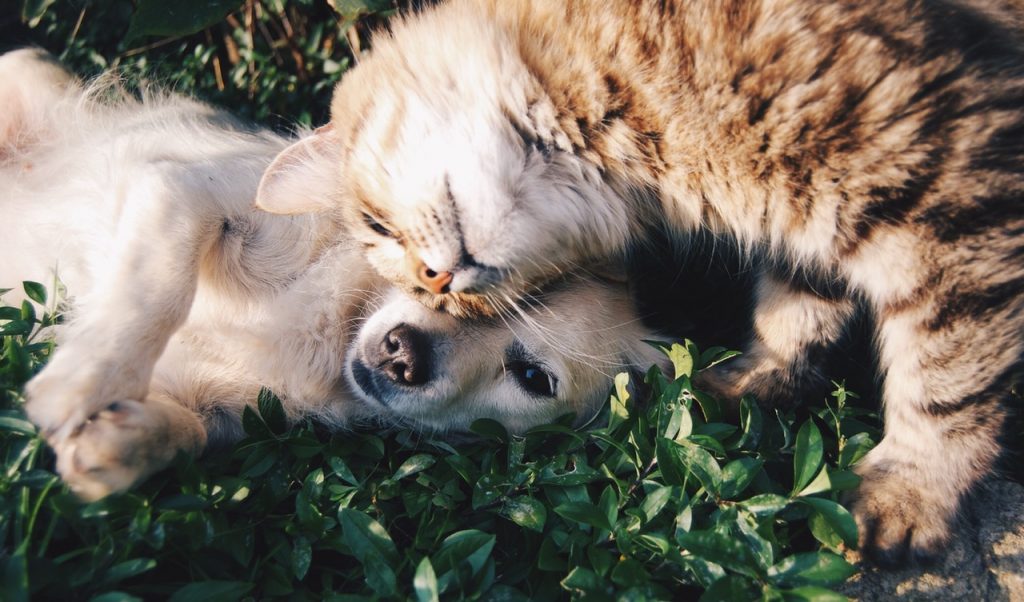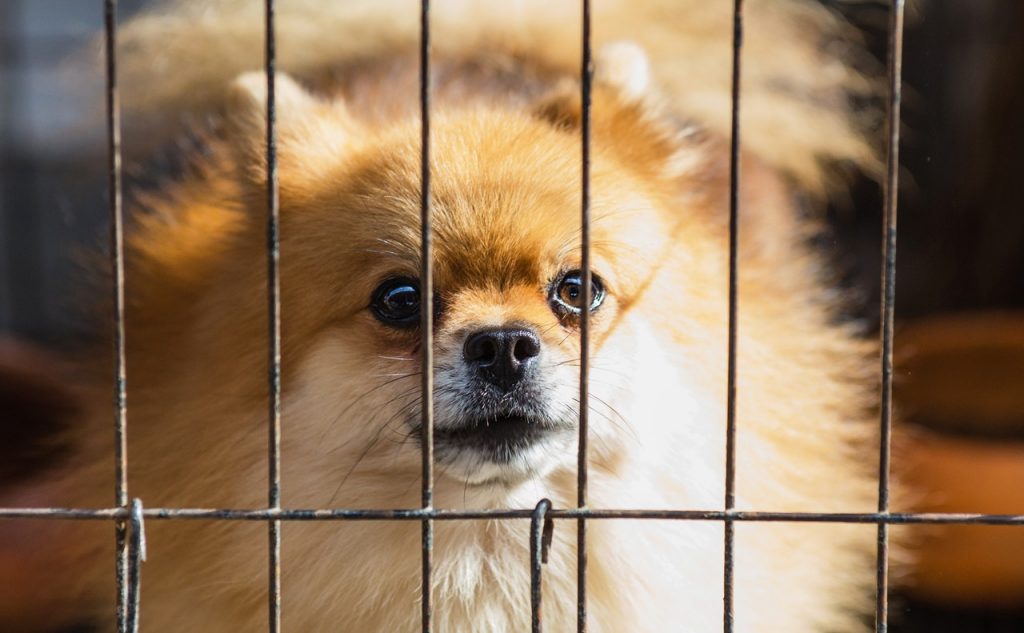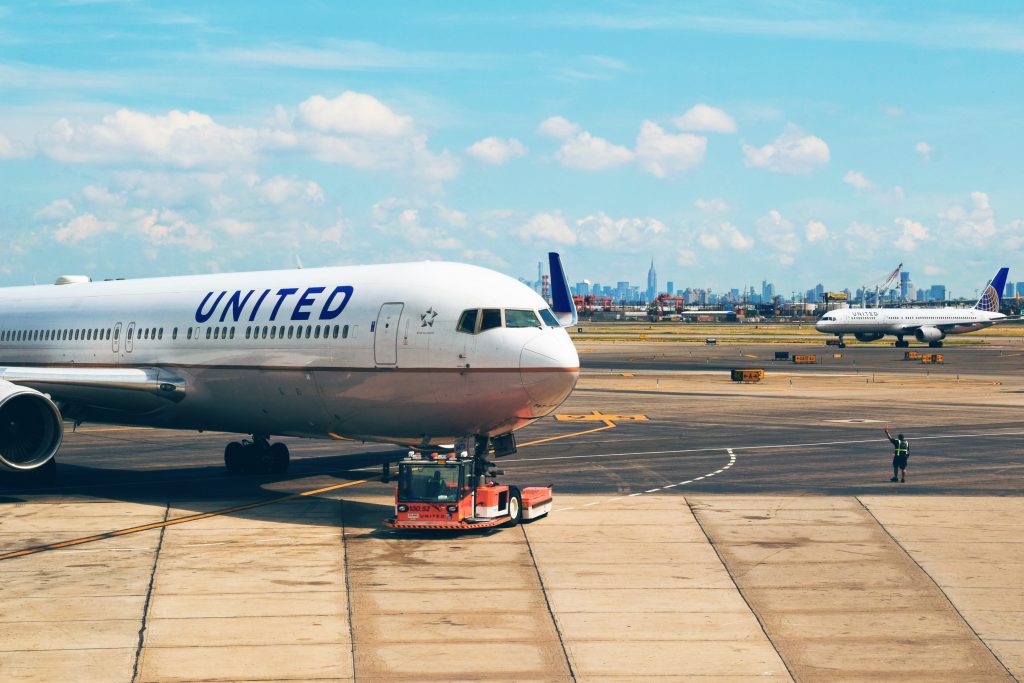April 19, 2022
by Frances Peterson

This article will be updated with any breaking news.
As of April 18, 2022, all major U.S. airlines are no longer requiring face masks for passengers and employees on domestic flights (within the United States). This mask mandate had been set to expire on April 18, 2022. However, the Centers for Disease Control and Prevention wanted to keep the airline mask mandate in place until May 3, 2022, to further study the BA.2 omicron subvariant of COVID-19. The move come after U.S. District Judge Kathryn Kimball Mizelle in Tampa, Florida, ruled that the federal mask mandate exceeded the authority of the CDC, and the Joe Biden administration agreed with the ruling. Late in the day on April 18, 2022, U.S. airlines began announcing that their mask requirements were now lifted.
Because of the COVD-19 pandemic, U.S. airlines began requiring face masks for all passengers and employees in May 2020. (People were allowed not to wear masks while eating and drinking.) The mask requirement became a federal mandate in January 2021, and it affected U.S. airlines that are under the jurisdiction of the Federal Aviation Administration. The airlines had been pushing for a lift of mask requirements due to a reported massive increase in physical altercations, harassment and verbal abuse that airline employees experienced from passengers who do not want to wear face masks. Even though the mask mandate has been lifted, airline passengers and employees have the option to war face masks if they choose to do so.
It’s important to remember that the liftings of mask restrictions listed above apply to U.S.-based airlines for flights traveling within the United States. Airlines based outside the U.S. and airplane flights outside the U.S. might have different policies. In addition, policies for wearing masks might vary for international airports outside of the United States. If you are traveling outside the U.S., find out the mask policies for the airline and airport before you go to the airport.
Here statements from each of the major U.S.-based airlines, as of April 19, 2022:

Face masks have been like boarding passes for nearly two years — you couldn’t fly without one. But, as of today, masks are optional in airports and onboard aircraft, effective immediately.
Due to a judicial decision in our federal court system, the mask mandate has been overturned, which means our guests and employees have the option to wear a mask while traveling in the U.S. and at work.
Note: Guests must continue to wear masks on flights both to and from Canada. Masks must still be worn in airports within Canada and Mexico.
Safety is always our highest priority, so while we love to see your smiling faces in the airport and on board, we respect your decision to keep using this added layer of protection. Above all, we hope you’ll treat each other with kindness and respect throughout the travel journey and beyond.
It has been a long 24 months with nearly constant change. I could not be prouder of our frontline employees who have handled every pivot focusing on safety and the care we’re known for,” said Max Tidwell, VP of safety & security at Alaska Airlines. “We’re also thankful for our guests who remained considerate, patient and stood by us throughout every twist and turn.”
Even as more pandemic protocols and policies ease, our team will remain vigilant and prepared for whatever may come next. Safety remains our top priority. And while we sincerely hope most of these challenges are in our rear-view mirror, we are confident we will be ready to respond if faced with another COVID wave or even a new virus.
What happens to guests who were banned because of not following our previous mask policy? Throughout the last two years, we have relied on reporting from agents and flight attendants to ban noncompliant guests from traveling while the federal mask policy remained in effect. Based on our reports, we will have some guests whose behavior was particularly egregious who will remain banned, even after the mask policy is rescinded.
As always, we will continue to hold safety as our highest value. Thank you again to our loyal guests and team of 22,000 people who came together over the last two years to do the right thing and take care of one another. We’ve proven we can do anything together.
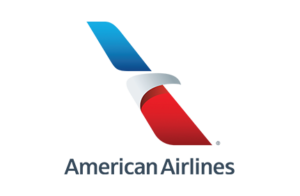
American Airlines has prioritized the health and safety of its team members and customers throughout the pandemic and has supported the federal government’s measures to slow the spread of COVID-19. In accordance with the Transportation Security Administration no longer enforcing the federal face mask mandate, face masks will no longer be required for our customers and team members at U.S. airports and on domestic flights. Please note face masks may still be required based on local ordinances, or when traveling to/from certain international locations based on country requirements. In keeping with our commitment to creating a welcoming environment for everyone who travels with us, customers and team members may choose to continue to wear masks at their own discretion. We are deeply grateful to our team members for their enforcement of the mandate, and will share more information about this transition in the coming days.

Facemasks are no longer required on Breeze flights for both Guests and Team Members.
Please be kind and respectful of individual choices, and remember that wearing a mask while flying on Breeze is still an option.

Following the ruling of a U.S. district court judge on Monday, the Biden administration announced that the Transportation Security Administration will no longer enforce the federal mandate requiring masks in all U.S. airports and on board aircraft. Effective immediately, masks are optional for all airport employees, crew members and customers inside U.S. airports and on board all aircraft domestically, as well as on most international flights.
Delta employees and customers may continue wearing masks if they so choose. Wearing a well-fitting mask – such as a KN95 – protects the wearer, even if others around them are not wearing masks, according to our Chief Health Officer Dr. Henry Ting.
Given the unexpected nature of this announcement, please be aware that customers, airline employees and federal agency employees, such as TSA, may be receiving this information at different times. You may experience inconsistent enforcement during the next 24 hours as this news is more broadly communicated – remember to show understanding and patience with others who may not be aware enforcement is no longer required. Communications to customers and in-airport signage and announcements will be updated to share that masking is now optional – this may take a short period of time.
Local mask mandates in other countries may still be in effect. Additional updates will be provided as new information becomes available.
We are relieved to see the U.S. mask mandate lift to facilitate global travel as COVID-19 transitions to a more manageable respiratory virus – with better treatments, vaccines and other scientific measures to prevent serious illness. Thank you for your support in complying with the federal mask mandate and keeping each other safe during the pandemic.

To mask or not to mask, the choice is yours. Masks are now optional on domestic flights, however, certain airports or countries may still require masks, so check the policy at your destination prior to departure and we’ll see you in the sky.

In alignment with TSA’s Security Directive, face masks are optional for our guests and employees onboard Hawaiian Airlines flights. We advise travelers to stay informed and follow mask requirements that may remain in effect at their origin or arrival airports. Guests who wish to continue wearing face masks are welcome to do so. We appreciate your patience and understanding as we update our communications and announcements to reflect this change.

In line with Monday’s federal court ruling and the Transportation Security Administration’s guidance, mask wearing will now be optional on JetBlue. While no longer required, customers and crewmembers are welcome to continue wearing masks in our terminals and on board our aircraft.
Regardless of the U.S. rule change, customers and crew members who are traveling internationally should always have a mask with them in case they continue to be required at their destination.
We are working to proactively share this update with our customers and crewmembers, so please be patient as we update our communications.

On Monday, a federal judge issued a decision stating the federal mask mandate for public transportation, including on airlines and at airports, is no longer in effect. Thereafter, the White House announced the masking order is not in effect, and the Transportation Security Administration (TSA) will not enforce the federal mask mandate at this time.
As a result of this development, effective immediately, Southwest Employees and Customers will be able to choose whether they would like to wear a mask on flights, at domestic airports, and at some international locations. We encourage individuals to make the best decision to support their personal wellbeing. Additionally, Southwest will continue supporting the comfort of those who travel with us by offering additional layers of protection, including sophisticated cabin air ventilation systems onboard our aircraft which incorporate HEPA air filtration that removes at least 99.97% of airborne particles.
We appreciate the cooperation and compliance efforts of our Customers and Employees as policies have evolved. We’ll continue to monitor public health guidance, and federal requirements, while always keeping safety as our uncompromising priority.
For additional information, we also invite you to contact Airlines for America, our trade association, for an industry perspective on this development.

Face masks are now optional for Spirit Team Members and Guests onboard our flights following the federal court ruling and TSA guidance.
We understand some Guests may want to continue wearing face coverings on flights, and that’s perfectly fine under our optional policy. For our Guests traveling internationally, please remember to check country-specific airport requirements before traveling.
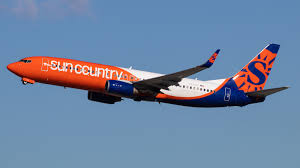
Thank you Sun Country guests for your patience and for masking up. Effective immediately, wearing a mask on Sun Country flights is optional for our passengers and employees. We look forward to seeing your smiles on board and encourage kindness and respect for those who continue to mask.

Masks are no longer required on domestic flights, select international flights (dependent upon the arrival country’s requirements) or at U.S. airports. More comfortable keeping yours on? Go right ahead… the choice is yours.
While this means that our employees are no longer required to wear a mask—and no longer have to enforce a mask requirement for most of the flying public—they will be able to wear masks if they choose to do so, as the CDC continues to strongly recommend wearing a mask on public transit. We will continue to closely monitor the situation in the event of changes.

